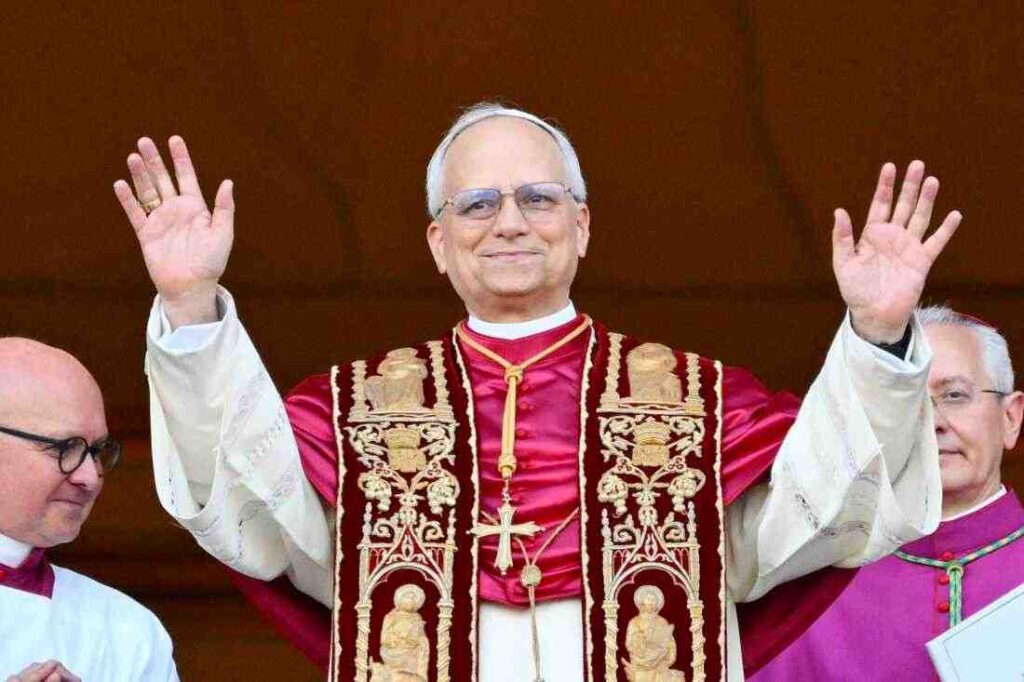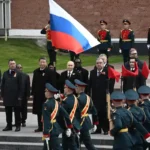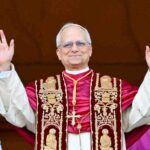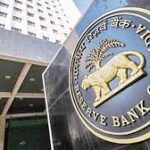
A New Era Begins
On May 8, 2025, the Catholic Church witnessed a historic moment as Cardinal Robert Prevost was elected as the 267th pope, taking the name Pope Leo XIV. At 69 years old, Prevost became the first American-born pope in the Church’s 2,000-year history. The announcement was made following the appearance of white smoke from the Sistine Chapel chimney, signalling the conclusion of the papal conclave and the election of a new pontiff. The bells of St. Peter’s Basilica rang out, and the faithful gathered in St. Peter’s Square erupted in applause, marking the beginning of a new chapter for the global Catholic community.
Early Life and Education
Born on September 14, 1955, in Chicago, Illinois, Robert Francis Prevost was raised in Dolton, a suburb on the South Side of the city. His parents, Louis and Mildred, instilled in him a strong sense of community and faith. Prevost attended St. Augustine Seminary High School in Michigan, where he excelled academically and was actively involved in student leadership. He went on to earn a Bachelor of Science degree in mathematics from Villanova University, followed by a Master of Divinity from the Catholic Theological Union in Chicago. His academic journey culminated in a Doctorate in Canon Law from the Pontifical University of Saint Thomas Aquinas in Rome.
Missionary Work and Episcopal Service
In 1982, Prevost was ordained as a priest for the Order of Saint Augustine. His early ministry took him to Peru, where he served in various capacities, including parish pastor and seminary teacher. His dedication to the people of Peru led to his appointment as Bishop of Chiclayo in 2015. During his tenure, he was known for his commitment to social justice, advocating for the rights of workers and marginalized communities. In 2023, Pope Francis appointed him as the prefect of the Dicastery for Bishops, elevating his profile within the Vatican and positioning him as a potential papal candidate.
Election as Pope
Prevost’s election as pope was seen as a surprise to many, as the papacy had not been held by an American before. His selection was the result of a swift and decisive conclave, concluding with his election in the fourth round of voting. His choice of the papal name Leo XIV pays homage to Pope Leo XIII, known for his advocacy for workers’ rights and social justice, themes that resonate with Prevost’s own pastoral mission.
A Global Perspective
As the first pope born in the United States, Pope Leo XIV brings a unique perspective to the papacy. Fluent in multiple languages, including English, Spanish, Italian, French, and Portuguese, he is well-equipped to engage with the global Catholic community. His dual citizenship with the United States and Peru reflects his deep connections to both North and South America, regions that are central to the future of the Church.
Commitment to Social Justice
Throughout his career, Pope Leo XIV has been a staunch advocate for social justice. His work in Peru, particularly during times of political unrest, demonstrated his commitment to standing with the oppressed and marginalized. As pope, he has pledged to continue this mission, emphasizing the Church’s role in promoting peace, justice, and compassion in a world facing numerous challenges.
Reception and Reactions
The election of Pope Leo XIV has been met with widespread acclaim. Leaders from around the world, including U.S. President Donald Trump, former President Barack Obama, and international figures such as Vladimir Putin and Volodymyr Zelensky, have extended their congratulations. In his hometown of Chicago, the news was met with jubilation, with residents expressing pride in their native son’s historic achievement. The city’s Holy Name Cathedral held prayer services, and social media was abuzz with tributes celebrating the new pope’s roots and values.
Looking Ahead
Pope Leo XIV’s election marks a significant moment in the history of the Catholic Church. His background as a missionary, bishop, and Vatican official provides him with a wealth of experience to lead the Church into the future. As he begins his papacy, the faithful around the world look to him for guidance and leadership, hopeful that his tenure will continue the legacy of compassion, justice, and unity that has characterized the Church’s mission throughout the centuries.




































Leave a Reply